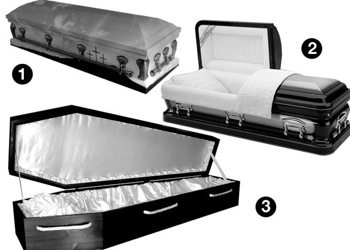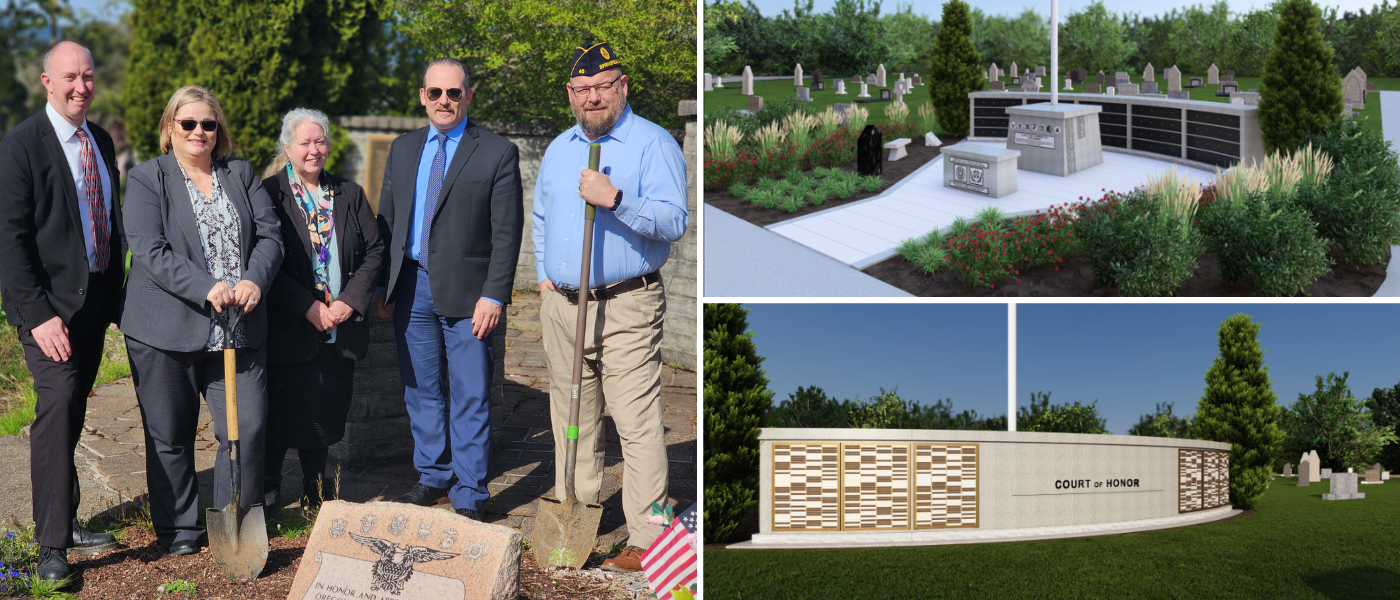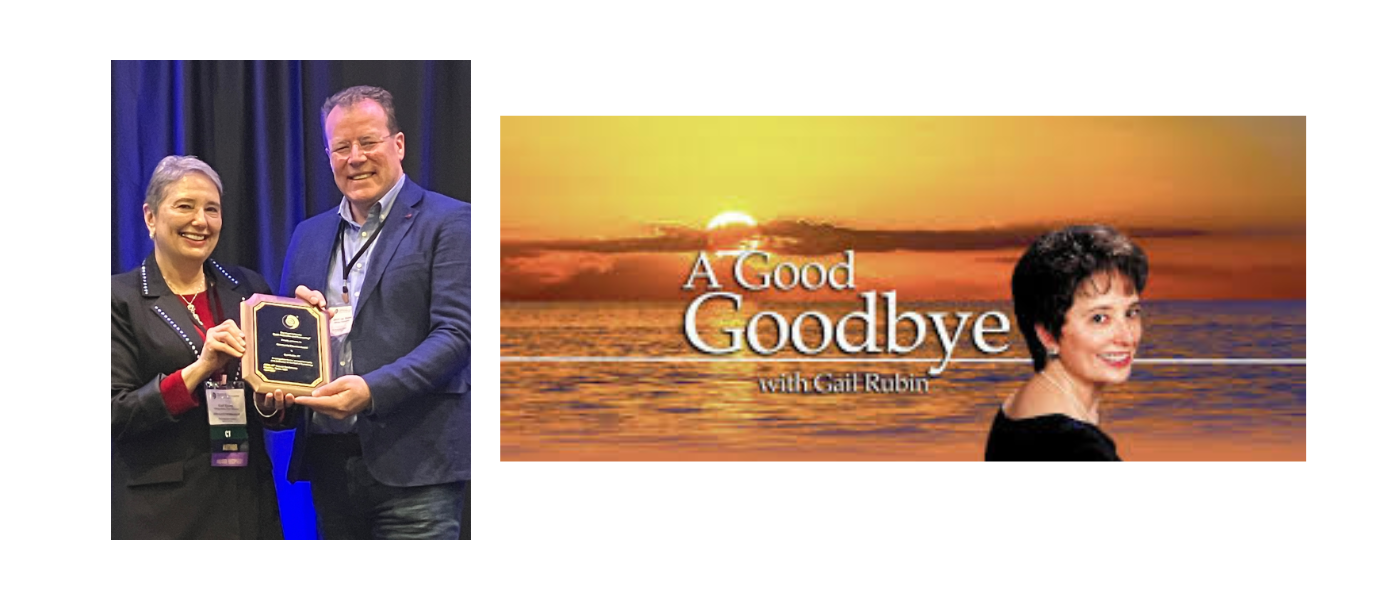Pre-Planning, Doing it right, Finally
 Graham Murphy’s cell phone is ringing.It’s inventory time at JA Snow Funeral Home and the number of caskets and urns isn’t adding up.
Graham Murphy’s cell phone is ringing.It’s inventory time at JA Snow Funeral Home and the number of caskets and urns isn’t adding up.
“Sorry about that,” he says, hanging up with well-whaddya-gonna-do? expression.
Murphy is the general manager at JA Snow, Halifax’s oldest undertaker, now owned by Alderwoods Group Canada, Canada’s second-largest funeral home operator.
Murphy deals with the business of the business, but he could jump in and do an embalming if the need arose. “It’s like riding a bicycle,” he says. “You get back on and you’re a bit wobbly for a few minutes but then you’re fine.”
Murphy, though, is a people person.
Clarification: a live people person.
So the 54-year-old leaves the technical side (like embalming and dressing) to the folks who love that side of the work, and Murphy, for a big part of his day, plans funerals. Sometimes for people who are still very much alive.
See, a chunk of Snow’s business comes from people pre-planning their funerals. Murphy told me about it at Snow’s Windsor Street location, in a room that rather looks like the kind of place that discussion might happen—faux mahogany table with a box of tissue in the middle, green carpet, Louis XIV chairs with dark upholstery.
Pre-planning is a growing segment of the funeral industry. The concept gained popularity in the ’80s and has jumped coffin-lengths in the last half-decade. Murphy says prior to five years ago it was people in their 70s doing it. Now he’s seeing more people in their 50s and 60s coming in to deal with their final party. To them, he says, it’s just one more thing to cross off their retirement planning checklists.
He looks at me. “The last thing on your mind is probably arranging your funeral,” he says. (He’s wrong—I have an evolving iTunes playlist for the reception.) But, actually, Murphy gets people as young as 35 coming in—even though there are floating myths he has heard, around the practice.
One: If you plan your funeral, you will likely die the very next day.
Two: It’s bad luck to purchase a headstone with your name on it. (Don’t tell my grandmother—her granite headstone is engraved with 1921-19__.)
The unsuperstitious have two options with Murphy: Pre-planners can set everything up—without charge—and have it on file; Murphy has cabinets full of the death wishes of the living. Or, they can set it up and pre-pay, a route Murphy suggests.
The average funeral in Nova Scotia, he guesses, is $7,000. JA Snow will invest that today in an arm’s-length trust account and withdraw the money, plus interest, when the pre-planner dies—in five years or 50.
The investment process is governed by legislation in Nova Scotia. One snag? Extra transportation costs if you die on vacation in Kuala Lumpur.
A funeral 20 years ago cost about $1,800. Today that’ll barely buy my cremation and the outdoor sundial urn I see (and quite fancy—family take note…) in the Snow merchandise room.
There, Murphy leads me through a viewing of casket “corner cuts” on the walls. The variables are, fittingly, infinite: choose wood, stainless, copper or bronze. There are removable decorative detail pieces, lockable in-casket memory drawers, customizable embroidered coffin back-panels—playful kittens, anyone? Urns start at $295. There’s even a biodegradable decorative egg-carton-cardboard covered bowl to hold ashes for burial at sea. It floats for 40 minutes and then, rather like your life, it’s gone.
It’s easy to get carried away with all the stuff that goes along with the dead. And, actually, that’s a serious problem in the funeral business, Murphy says. Families who have to make quick decisions when they are dealing with stress have a common trait; Murphy calls it “emotional over-spending.”
Pre-planners aren’t susceptible. “I don’t like to liken it to buying a car,” he says, “but if you go to a car dealer, you have in your mind the amount of money that you want to spend.”
Don’t some people think this is a little creepy? I mean, I like the low-carbon footprint egg-carton thing, but…well…you know…
“If you don’t want to buy a house,” Murphy says, “you don’t buy a house. If you don’t want to buy a car, you put it off. When it comes to a funeral, there isn’t an option. You have to do it.
“It’s the only purchase you don’t want to make, but you have to make.”
Source: The Coast




